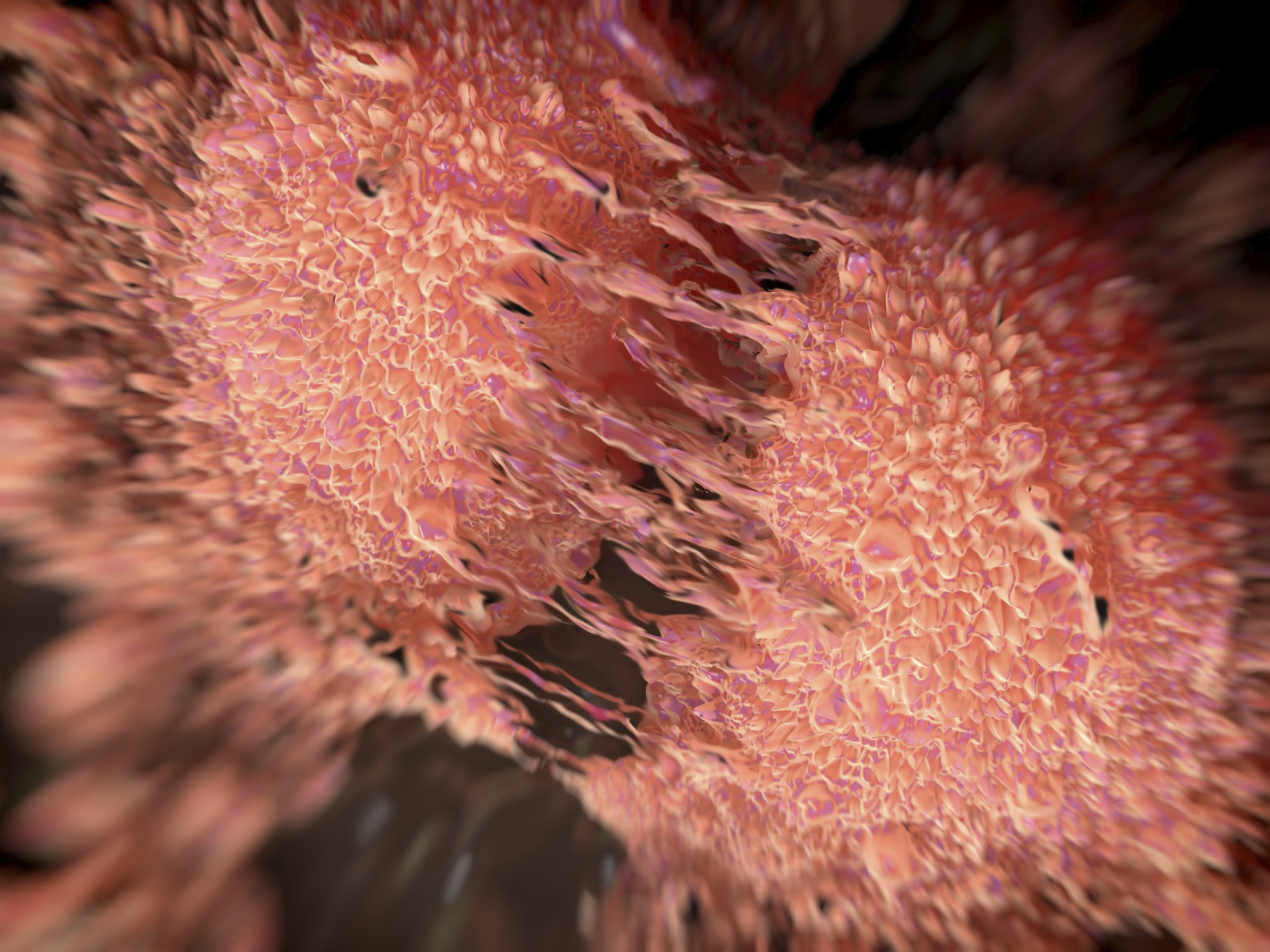Electrical patch device shows promise against ovarian cancer

A patch-like device used to non-invasively treat aggressive brain tumours could also be effective in treating ovarian cancer.
Developed by Jersey-based company Novocure, Optune consists of four connected patches that cover the surface of the skull. The patches deliver low-energy, alternating electric fields called Tumour Treating Fields (TTFs), which disrupt cell division.
The device earned approval for the treatment of recurrent glioblastoma in 2011 before obtaining an expanded indication for first-line treatment of glioblastoma in combination with temozolomide in 2015.
Now, results from its INNOVATE phase 2 pilot clinical trial indicate its tolerability and safety in the treatment of patients with recurrent ovarian cancer when used in combination with weekly paclitaxel.
Compared to a recent phase 3 trial investigating paclitaxel treatment alone in recurrent ovarian cancer, the use of TTFs plus paclitaxel led to an almost doubling in progression-free survival and an improvement in overall survival.
“These results are promising,” said Dr Eilon Kirson, Novocure’s chief science officer and head of research and development. “Recurrent ovarian cancer is a very difficult to treat disease that quickly develops resistance to multiple types of chemotherapies. We are committed to researching TTFields as a potential treatment for ovarian cancer and look forward to beginning a phase 3 pivotal trial.”
For ovarian cancer patients, Optune could give a realistic treatment option for a disease that is notoriously hard to treat and has a poor survival rate. In the UK, around 7,400 women are diagnosed with the disease each year and - although survival rates have almost doubled in the past 40 years - five-year survival is below 50%.
Outside of glioblastoma and ovarian cancer, Optune is also being investigated in non-small cell lung cancer, pancreatic cancer, ovarian cancer and mesothelioma.











